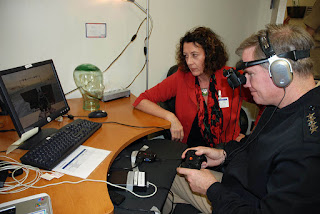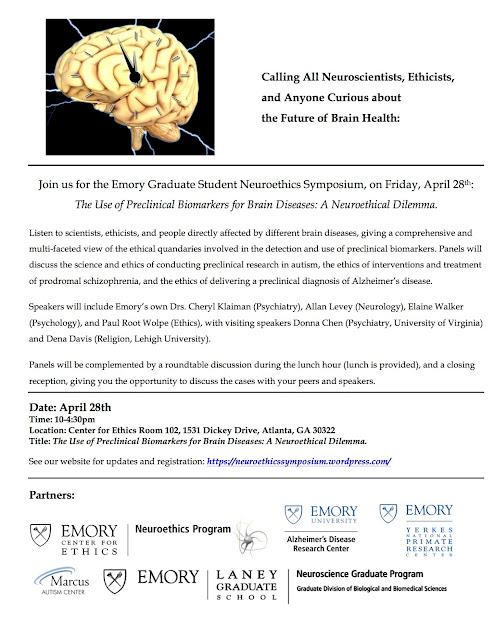The Science March: Can science-based advocacy be both nuanced and effective?

By Jennifer Lee Jenn Laura Lee is a PhD candidate in neuroscience at New York University. She is also a member of the Scientist Action and Advocacy Network ( ScAAN.net ), which offers pro bono data science and research to organizations seeking to implement positive social change. I believe in protests. I attend them, I endorse them, and I think that they make a difference. Raising political consciousness in the scientific community in any form seems like a good thing. The Science March moreover seems like a great opportunity for a community of people sharing common livelihood to advocate for the importance of their work in policy-making, as it relates to nuclear non-proliferation, climate change, vaccination, and so on. But while I plan to attend the March for Science in New York, I’m hoping to use this article to examine, articulate, and hopefully mitigate the slight unease that’s been growing in me surrounding some of the language that scientists have been using to describe th...


